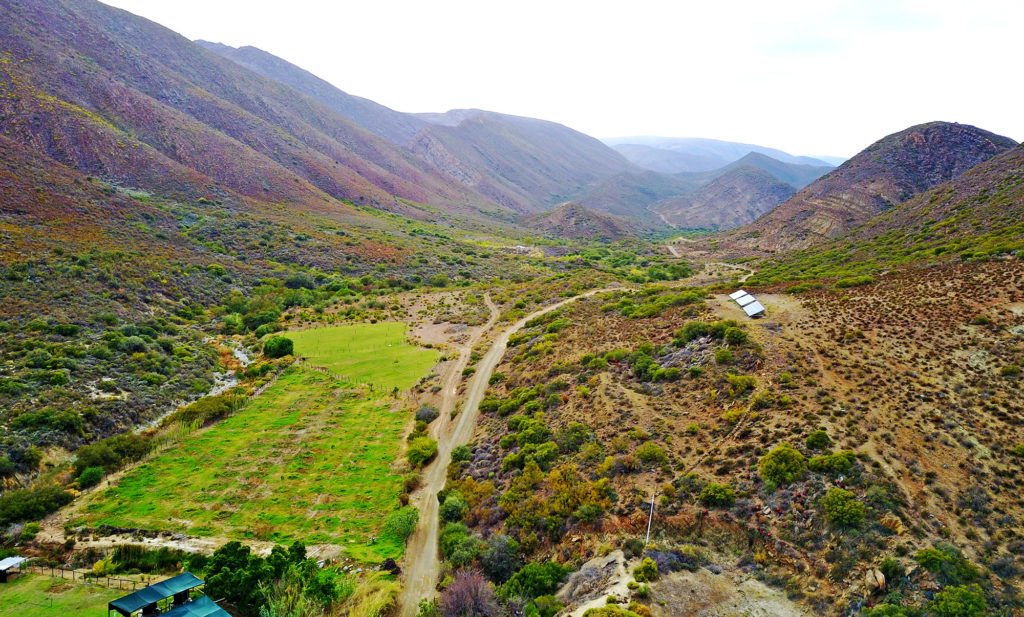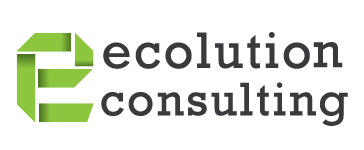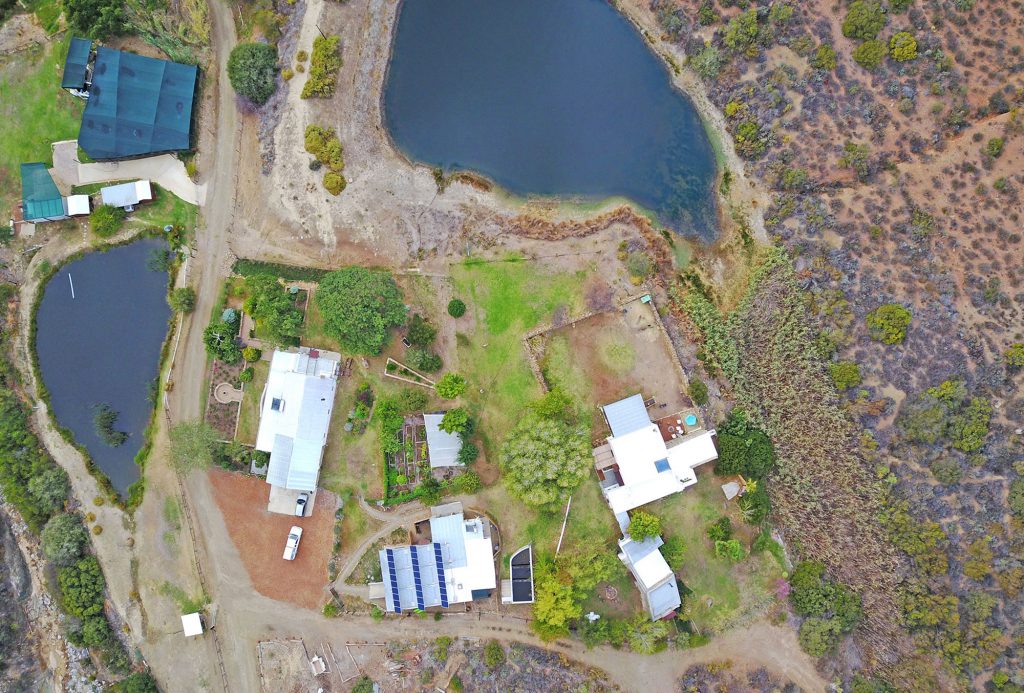One of Ecolution Consulting’s latest projects, Two Dam Sustainable, has been certified Net Zero Carbon by the Green Building Council of South Africa. Two Dam Sustainable, a trout farm near Montagu, Western Cape, is one of the first four pilot projects to have been certified net zero in South Africa in October 2017.
The GBCSA Net Zero/Net Positive Certification scheme awards projects which go beyond the partial reductions recognised in the current leading international green building rating systems, and have taken the initiative to reach the endpoint of completely neutralising or positively redressing their carbon emissions; water consumption; solid waste to landfill and their negative ecological impacts.
Two Dam Sustainable is an off-grid, responsibly operated trout farm that produces ethically made trout products and runs almost entirely off of renewable energy. The majority of the energy used for the farm is provided by a 31 kW photovoltaic panel array and a ‘high pressure, low water volume’ micro-hydro turbine that generates up to 1kW of continuous electricity. The small percentage of energy-use that is supported by the LP gas powered generator for lengthy cloudy days, is then offset through the CarbonGreen Africa : Kariba REDD+ Project (validated by VCS).
The farm is also home to a hyper-efficient Recirculating Aquaculture System (RAS) – which is the first of its kind in Africa. The Rainbow Trout RAS operates sustainably by being an energy efficient low head recirculating system which requires comparatively low electricity as opposed to conventional high pressure RAS or high volume raceway cultures, which require and often pollute huge volumes of fresh water.

In addition to this, the farm also makes use of its own water catchment for drinking water. Unlike most water catchment collection points in the area, where almost every drop of water is extracted during dry spells, the farm’s filter, through its self-cleaning centrifugal action, releases at least 10% of its water to continue downstream which allows the indigenous riparian vegetation along the stream to remain intact, thereby controlling erosion of its banks and subsequent loss of valuable soil.
Two Dam Sustainable’s Net Zero certification was announced at the annual Green Building Convention in October 2017 alongside three other certified pilot projects, namely Vodafone Site Solution Innovation Centre in Midrand, Gauteng, Estuaries Plaza in Century City, Cape Town and Greenfields Industrial Park in Cape Town.
GBCSA CEO, Dorah Modise, said ”By launching the Net Zero programme, the GBCSA has set a new frontier for property owners and tenants to be rewarded for going even further along their sustainability journey – now property owners and investors can be recognised for being net zero or net positive carbon, water, waste and ecology. We are thrilled to already have four projects that have achieved certification under this new programme in the pilot phase.”
For more information on the global context of net zero certifications, read our blog and for more information on Two Dam Sustainable’ environmental initiatives, go to their website.
What is Net Zero Carbon?
The GBCSA propose the following as the definition for a Net Zero / Net Positive carbon building:
“A building that is highly energy-efficient, and the remaining energy use is from renewable energy, preferably on-site but also off-site where absolutely necessary, so that there are zero net carbon emissions on an annual basis (Net Zero), or if the energy from renewable energy results in more energy being produced than what is used on site (Net Positive)”


